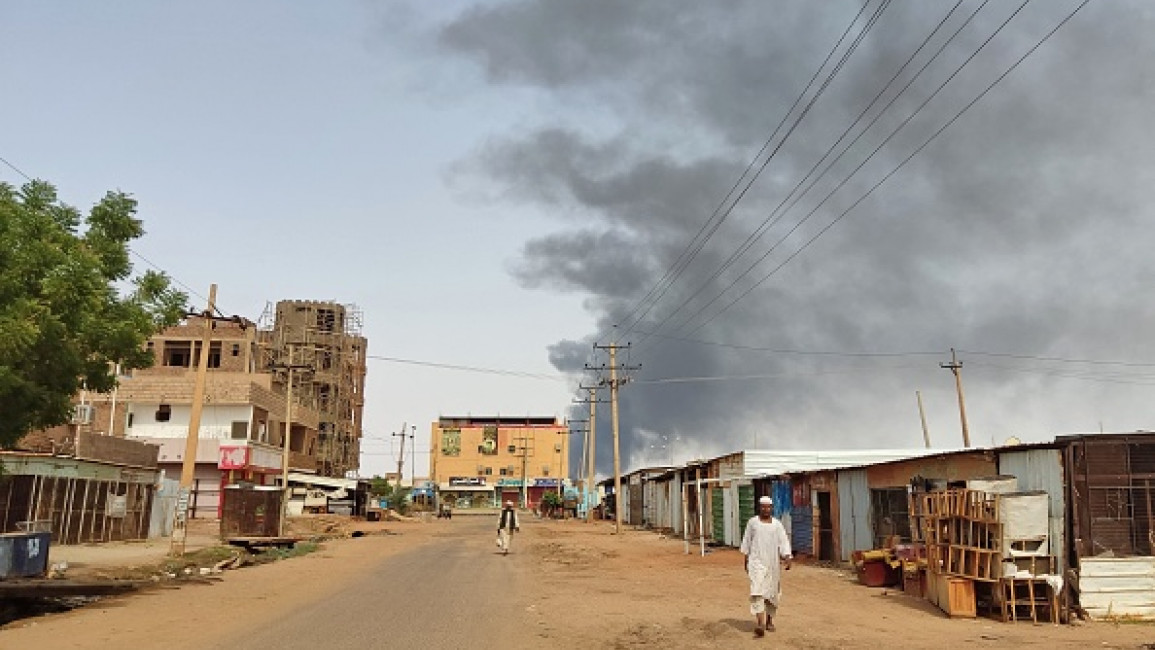UK Foreign Office 'ignored Sudan warnings', parliamentary committee hears
British Foreign Office officials ignored repeated warnings about the impending war in Sudan shortly before the conflict unfolded, the UK parliament Foreign Affairs Committee was told by experts on Wednesday.
Just ten days before the outbreak of violence in Sudan on 15 April - which has displaced 2.2. million people and killed at least 3,000 civilians - Foreign Office officials said they were "cautiously optimistic" that violence wouldn’t break out, the select committee heard from expert witnesses.
Maddy Crowther, co-executive director of the charity Waging Peace, told members of the Foreign Affairs Select Committee that weeks before 15 April people were already leaving Khartoum due to fears war would break out.
"I don't see how the Foreign Office and the Embassy in particular couldn't feel that and couldn't see the warning signs when they were so clear," Crowther told MPs, according to The Daily Mirror.
Dr Kate Ferguson, co-director of the charity Protection Appeals, told the committee that there was a "reluctance" to accept the danger of atrocities by the Foreign Office.
She further told the cross-party committee they were repeatedly warned about the dangerous atrocities, the UK government lacked a "preparedness strategy" and "any central guidance coming from Whitehall".
Ferguson argues that the UK government could have done more to focus on atrocity prevention and conduct better risk assessment.
Sudan's conflict erupted when the head of the Sudanese army and de facto head of state General Abdelfattah al-Burhan clashed with his deputy Mohamed Hamdan Dagalo, also known as ‘Hemedti’, the leader of the powerful paramilitary Rapid Support Forces (RSF).
The UK hearing comes as the violence in the two-month long war has become increasingly more ethnic in character. Around 1,100 fatalities in the conflict have come from violence in West Darfur, where the RSF has been accused of targeting African tribal groups.
Experts told the select committee that such violence mirrors the genocidal events of the two-decade long Darfur conflict, which claimed an estimated 3 million victims.
The hearing came a day after the Atrocity Prevention Working Group (APWG) publicly released a letter sent to UK Africa Minister Andrew Mitchell making similar claims to those heard by the select committee.
The APWG is a charity umbrella organisation that includes the organisations represented by Crowther and Ferguson.
Their letter claims the British government had for months prior to the conflict ignored repeated warnings that Sudan was "teetering on the brink of a conflict that would lead to mass atrocities and identity-based violence".



